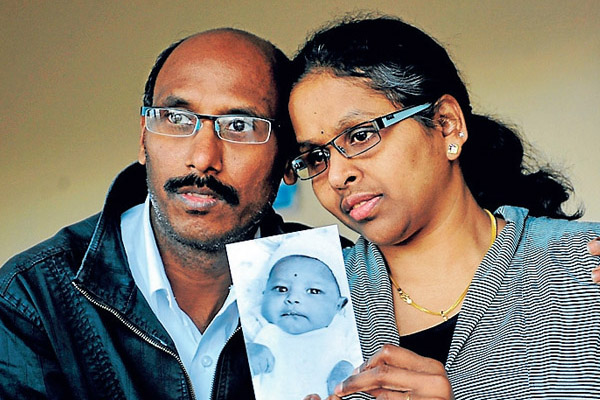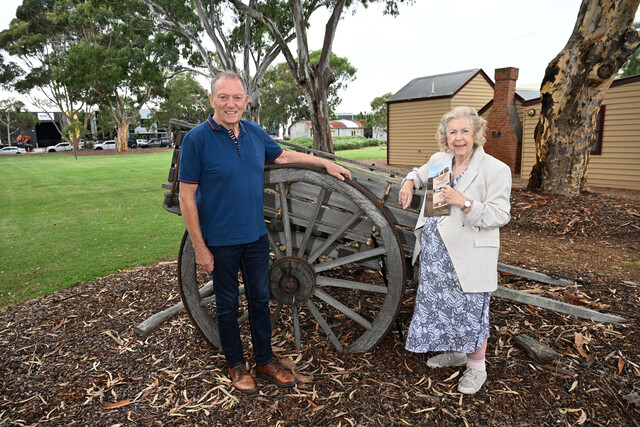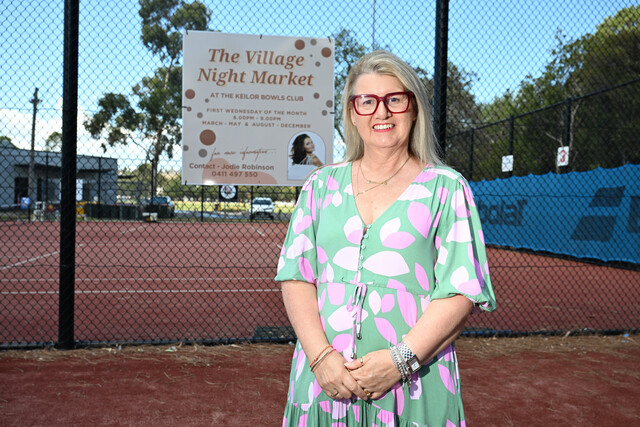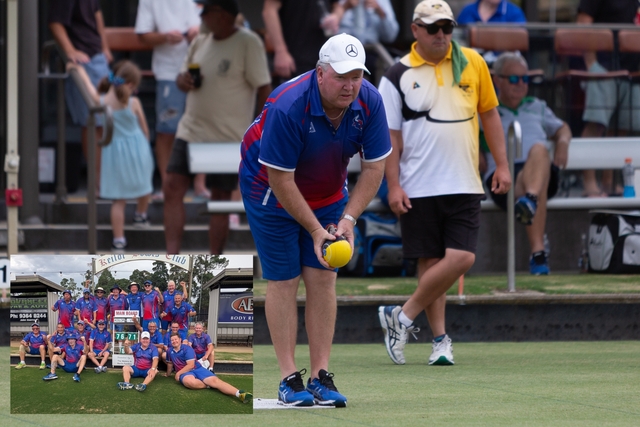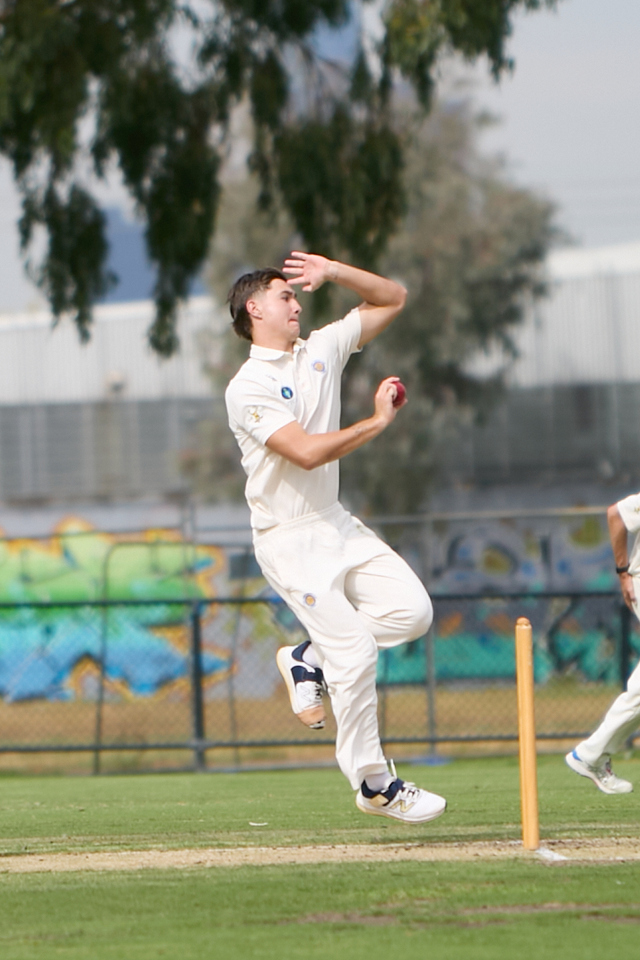A HEARTBROKEN mother has welcomed a coroner’s finding that her baby’s death could have been prevented if staff at Sunshine Hospital had monitored her more closely.
But Shashi Madamshetty said nothing could be done to undo the despair and trauma she and her husband had endured since the loss of their daughter Dishita in 2007.
“We are somewhat relieved by the coroner’s findings, but we still feel the loss of Dishita every day; it never fades,” the Footscray resident told the Weekly.
“We came to Australia to receive the best possible neonatal care for our precious baby, but in the end we lost her due to poor care.
“Nothing that happens after her death will ever bring her back.”
Coroner Kim Parkinson last week said Sunshine Hospital’s failure to increase foetal monitoring had contributed to the baby’s death.
Ms Madamshetty, 35, and her husband Vasu, 42, had been trying to conceive for eight years. They went to India to conceive through in-vitro fertilisation in November 2006.
“We were desperate and wanted a baby more than anything,” she said.
They returned to Australia for antenatal and obstetric care.
On August 23, 2007, Ms Madamshetty was three days overdue when she went to Sunshine Hospital with period-like pains, bleeding and a headache.
She wanted to undergo a caesarean section because of her concerns about the high-risk nature of her “fragile pregnancy” but was told to go home and was discharged.
She returned to the hospital on August 27 for a scheduled antenatal appointment and complained of an upper respiratory infection but was again sent home.
“I was told to go get some cough medicine, rest and see my GP,” she said. “But I knew something was wrong.”
Three days later, Dishita was delivered by caesarean section at the hospital. Dishita was born in poor condition and transferred to the Royal Children’s Hospital, where she died on September 30 of hypoxic brain injury.
Handing down her report, Ms Parkinson said it was likely that had intervention to increase foetal monitoring occurred on August 27, the baby’s deteriorating condition would have been identified and her death would likely have been prevented.
She found there was no information available to the midwife performing cardiotocograph (CTG) monitoring of the baby’s foetal heart rate that Ms Madamshetty had been bleeding and that she had been in pain on August 23.
Ms Parkinson recommended the hospital adopt and publish formal procedures for CTG monitoring and supervision, including regular monitoring of foetal heart rates.
Ms Madamshetty said she still saw her daughter in the faces of other babies.
“Every time we see other babies we are reminded of Dishita. We are still devastated by the outcome. Nobody likes to share this type of thing, but I feel that I need to express it so this never happens to another family.”
Mr Madamshetty called for measures to be put in place so midwives and obstetric clinicians could have an overall picture of each individual pregnancy.
Western Health chief executive Kathryn Cook last week extended her sympathies to the Madamshettys.
She said Western Health was reviewing the coroner’s report and was committed to implementing its recommendations.
The Madamshettys are suing the hospital for medical negligence in the County Court.

